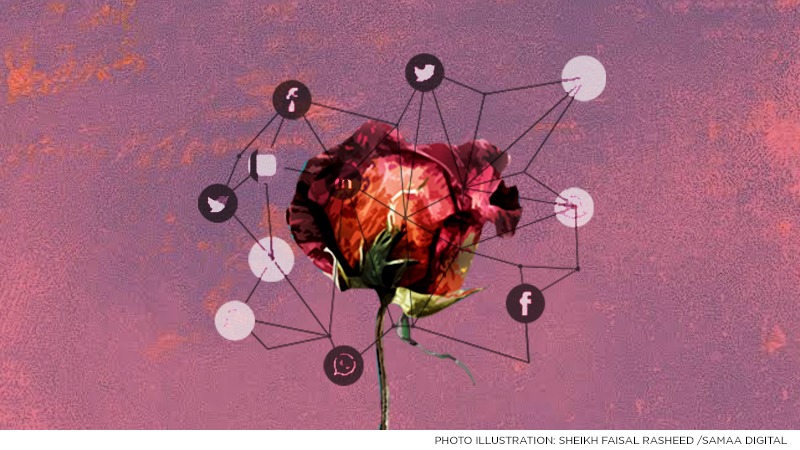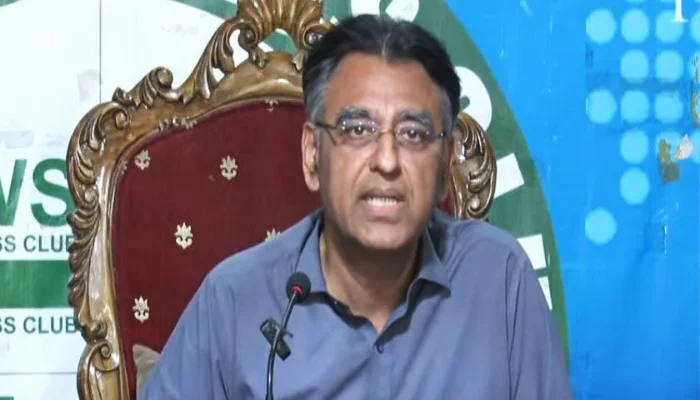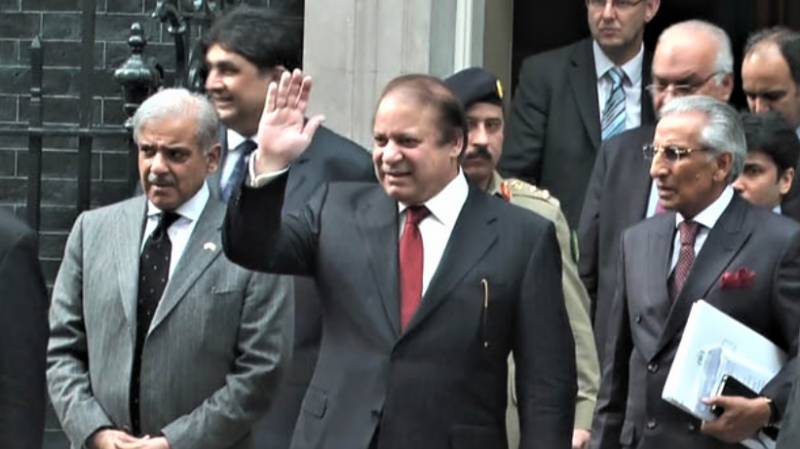Pakistani women recently shared on social media stories of harassment at their universities, schools and colleges. They posted their harrowing stories, named their alleged harassers and shared their pictures. Some people offered support and sympathy, while others threatened legal action.A person can be jailed for up to three years under Pakistan’s laws for posting defamatory content about someone or posting their picture without consent.Pakistan has three sets of defamations laws:The Defamation Ordinance, 2002: It is used when you want to file a civil defamation suit to seek damages along with an apology. Section 20 (offences against the dignity of a natural person) of the Prevention of Electronic Crimes Act, 2016: This criminalises the act of defaming someone. This section is used most commonly in such cases. It sentences people to jail for a maximum of three years.Sections 499 (defamation) and 500 (punishment for defamation) of the Pakistan Penal Code: This also criminalises the act of defamation. People convicted under this law can be sent to prison for up to two years.People who want to ‘name and shame’ their bullies, abusers, harassers or rapists must keep the following things in mind before sharing such posts on Twitter, Facebook, Snapchat or Instagram.
File an application or complaint beforehandThose who filed an application with the police or any investigating agency, including any organisation’s harassment committee, against their alleged harasser or abuser can be protected against any defamation action.After your social media post, if the FIA contacts you then you can say that you did file a complaint but nothing was done about it. This will provide people with legal cover against defamation.People with proof are ‘safe’ from legal action If any person has solid and concrete proof against their harasser, then it is quite likely that the FIA won’t launch an inquiry in the defamation case, she said.Section 20 is a non-cognizable offence. This means that the FIA needs the permission of the magistrate before starting an investigation. After the magistrate’s approval, they then call the accused people and ask them for evidence. People can then show screenshots of private messages to them (in cases of harassment) or bank statement (in cases of online fraud).Identification markers Another way a person can stay safe from legal action is by sharing some details of the person to identify them without giving away their identity or posting their picture. There are no set numbers of identification markers that one person can use.
An example would be of the defamation case against director Jami. Filmmaker Sohail Javed filed a Rs1 billion defamation suit against Jami for alluding that he is a “sexual predator” in a Facebook post. He was referring to Jami sharing a letter by a survivor of sexual assault by a “music video and television commercial director” on February 9, 2019. Jami’s lawyer, however, argued that charges were “presumptuous” as the director never named anyone and Javed by filing the case has identified himself.Legal action can be taken against group admins too Admins of different groups on Facebook are not safe as well and they can be named in defamation cases too. This is because they are the ones who approve posts of their members in most cases. So the member of the group who has shared a defamatory post will be the main accused while the admin members can be named as co-accused,” an expert explained.Trolling people or posting threat Replying to a person’s social media post with threats or trolling comments can also land people in legal trouble.
People can take action against those who threaten or bully them while reacting to their original post. This counts as cyberstalking. Section 24 of PECA deals with cyberbullying and cyberstalking.The law does not, however, provide adequate protection to women who receive hate online. It has a clause for sectarian speech but nothing for gender. This was seen in the case where many women were threatened with rape for posting in favour of the Aurat March.Defamation cases against students Students and all those people who don’t have the financial means to hire a lawyer aren’t likely to file a civil defamation suit. Very rarely do people file such suits because you first send a notice and then you have to file a suit after a certain period.This is not, however, the case when it is about people who hold “little importance” in our country. For instance, a complaint has been filed against US blogger Cynthia Ritchie for accusing PPP leader Rehman Malik of rape and posting defamatory tweets against former PM Benazir Bhutto. The same is the case with singers Meesha Shafi and Ali Zafar.Lack of awareness Many people don’t know about PECA and the cybercrime wing of the FIA. The law, despite its controversial sections, does criminalise online harassment and online violence against womenbn People should know that if any page uses their picture without their consent, even if the picture has no sexual context, they can still file a complaint against those who posted it. “We won’t know about the law till we start using it,” she added.*The article gives a general view of defamation laws in Pakistan. Their usage and applicability, however, may vary from case to case. People who want to find out more can get in touch with legal experts.
Also Read: Sexual Harassment Claims Shake Up Pakistani Police Force





